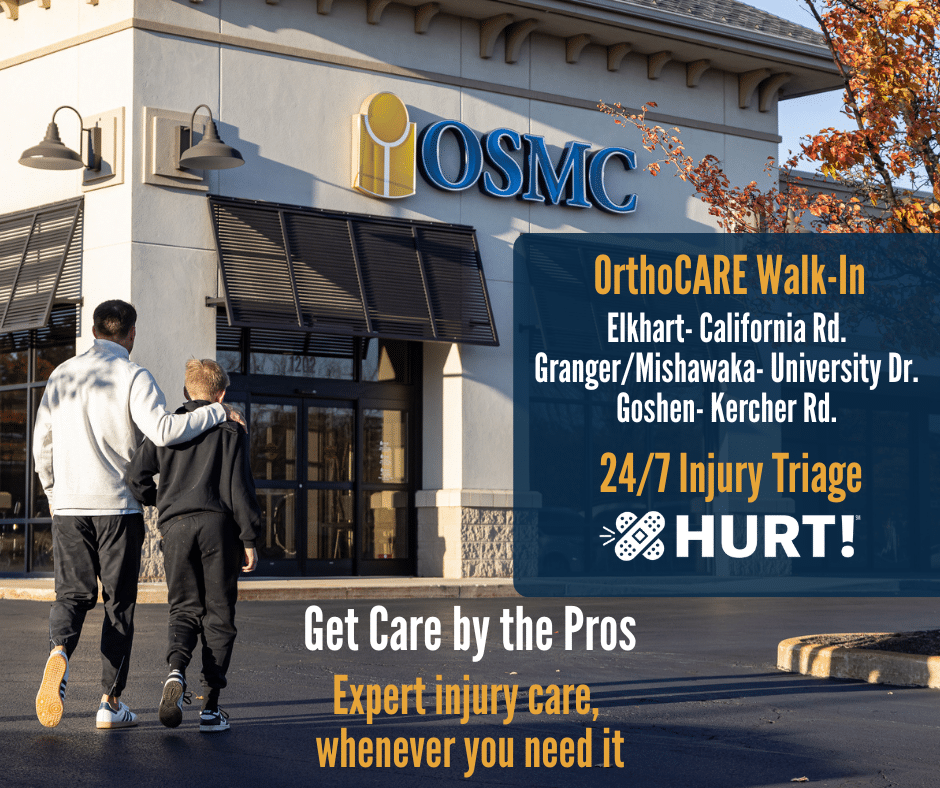
Shoulder pain can disrupt your daily activities, resulting from a sports injury, overuse, or an underlying condition. Many people wonder which type of doctor is best to see for shoulder pain. Should you visit your primary care physician, an orthopedic specialist, or a sports medicine doctor? Knowing the right medical professional to consult can make all the difference in getting the correct diagnosis, treatment plan, and, most importantly, relief.
When Should I See a Doctor for Shoulder Pain?
Shoulder pain can range from mild to severe, chronic pain that limits your ability to move or perform daily tasks. If your shoulder pain is persistent, worsening, or associated with swelling, limited range of motion, or weakness, it’s essential to see a doctor. Additionally, if the pain is the result of a sudden injury or trauma, such as a fall or sports accident, seeking medical attention right away is essential.
Shoulder pain that doesn’t improve with rest or home treatments after a few days should also prompt a visit to a healthcare provider. Many patients try to manage shoulder pain on their own, but delaying proper care can lead to more severe problems or prolonged recovery time.
Types of Doctors Who Treat Shoulder Pain
Depending on the cause and severity of the problem, different types of doctors can help diagnose and treat shoulder pain.
A primary care physician is often the first point of contact for most individuals. They can evaluate your symptoms, perform an essential examination, and suggest initial treatments such as rest, over-the-counter pain relievers, or physical therapy. However, if the pain persists or your doctor suspects a more serious condition, they may refer you to a specialist for further evaluation.
An orthopedic specialist is usually the best choice for treating shoulder pain, particularly related to an injury, chronic condition, or structural issues like a rotator cuff tear or shoulder impingement. Orthopedic doctors are trained to diagnose and treat musculoskeletal problems, including shoulder pain caused by overuse, arthritis, dislocations, or injuries.
A sports medicine doctor can benefit athletes or individuals who have sustained shoulder injuries during physical activity. Sports medicine specialists are experts in diagnosing and treating sports-related injuries, and they often work closely with physical therapists to create customized rehabilitation plans that focus on restoring strength and mobility.
In cases of severe pain or suspected tears, an orthopedic doctor may recommend imaging tests such as X-rays or MRIs to view the shoulder structure better and identify the exact cause of the problem. Depending on the results, treatment options can range from conservative methods like physical therapy to more advanced interventions such as corticosteroid injections or, in some cases, surgery.
Physical Therapy and Shoulder Pain
One of the most common non-surgical treatments for shoulder pain is physical therapy. Physical therapists specialize in helping patients regain mobility, reduce pain, and strengthen the muscles around the shoulder joint. If your shoulder pain is caused by a muscle strain, tendinitis, or even a minor rotator cuff injury, physical therapy can help you avoid surgery and achieve long-term relief.
A physical therapist may work alongside your orthopedic or sports medicine doctor to design a personalized exercise plan that focuses on improving range of motion, reducing inflammation, and strengthening key muscle groups that support the shoulder. With time and the right approach, physical therapy can restore function and prevent further injury.
Non-Surgical and Surgical Treatments
Not every case of shoulder pain requires surgery. Most can be treated successfully with conservative treatments, including physical therapy, medications to reduce inflammation, and activity modification. In some cases, corticosteroid injections can relieve swelling and inflammation in the joint.
However, if conservative treatments do not provide relief or if imaging shows significant damage, such as a complete rotator cuff tear, surgery may be recommended. Your orthopedic doctor will discuss the best surgical options for your condition, including minimally invasive procedures to repair the damage and improve shoulder function.
Shoulder pain can have many causes, and finding the correct type of doctor can help ensure you get the proper treatment. Whether you start with your primary care doctor or visit an orthopedic or sports medicine specialist, the goal is always to relieve pain and restore movement so you can return to your regular activities without discomfort. At Orthopedic Sports & Medicine Center, we offer convenient orthopedic walk-in clinics where you can receive prompt, expert treatment without needing an appointment or book an appointment online. Our experienced specialists are here to help you find the right solution to alleviate your pain and get you back to your favorite activities.



